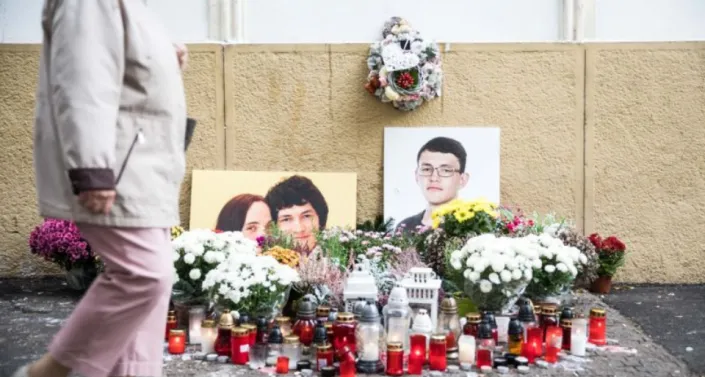
Slovakia
Although there seems to be an attempt by the authorities in Slovakia to improve the state of press freedom, it has been deteriorating for a while. The country has dropped from 14th (2015) to 27th (2022) in the RSF Press Freedom Index. Progress has been slow and journalists work in a hostile environment.
Restrictive media landscape
International observers have been warning for years about the declining tendency in press freedom in Central Europe. Even though only a few years back, the Central European countries were at the forefront of the World Press Freedom Index, published by Reporters Without Borders. Press freedom is declining globally, but the former socialist countries of Central Europe are in the heart of the crisis.
The health crisis due to the pandemic and associated restrictions caused a loss of vital advertising revenue for publishers. Slovak media were not spared from the crisis. Moreover, the coming economic crisis can further intensify the pressure and threaten the survival of many independent publishers in Slovakia and Central Europe.
Trust in media and disinformation
Trust in the media has dropped to record lows in Slovakia, it shares the last place on a list made by Reuters Institute of Journalism, together with the US. Only 28% of Slovaks trust the media, a four percentage point drop compared to 2021. This creates a furtile environment for disinformation.
In June, 2022 Facebook has dealt a serious blow to Slovakia's disinformation scene by blocking the profile of politician Lubos Blaha, who is by far the most popular Facebook personality among Slovak politicians and is also the most popular Facebook personality in Slovakia, in general. The far-right disinformation source Kulturblog was also blocked.
In May 2022, in context of the Russian invasion in Ukraine, members of the House intelligence committee of the Slovak government have asked Facebook to address pro-Russian disinformation on Slovak Facebook.
Safety
Regional reporting is mostly outside of the national debate and there are cases of mafia-like intimidation of journalists in Slovakia. The car of a local investigative journalist Miloš Majko in Sereď, Slovakia, who investigates local corruption, was set on fire in 2016. He says this was and intimidation attempt. Similar cases were frequent mostly in the 1990s.
Slovakia is also the country where one the most shocking murders on a journalist in Europe has taken place. In 2018, investigative reporter Ján Kuciak and his fiancé Martina Kušnírová were murdered, which attracted international attention and transformed the Slovak media landscape. So far, the assasin and two accomplices have been convicted. Marian Kocner, who is suspected of ordering the killing, is again on trial this year, after having been acquitted at first in 2020.
Free Press Unlimited’s work in Slovakia
For the local journalists in Central Europe, Free Press Unlimited provides courses about cross-border journalism, sharing with them Free Press Unlimited’s experience in creating and producing the transborder journalistic stories, as well as the distribution of this content to the cross-border audience. To develop their skills, Free Press Unlimited also provides mentoring and other types of assistance in content production.
Together with Free Press for Eastern Europe, we also work with several media outlets, scientists and fact-checkers to develop quality science journalism in Slovakia and five other Central Eastern European countries.
